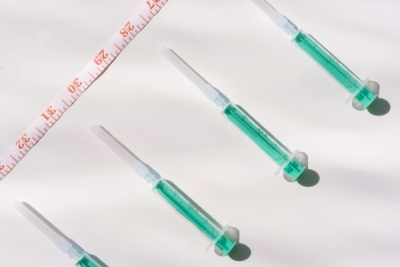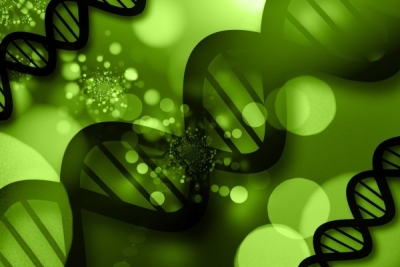Currently, only three medications are approved for the treatment of alcohol dependence: disulfiram, acamprosate and naltrexone. New treatments can be devised by establishing the neurobiological mechanisms that underlie the development of alcoholism.
Alcoholism is a multifaceted condition, with significant treatment challenges, including long-term intake of high amounts of alcohol and frequent relapse episodes among those seeking to stop drinking. Both alcohol consumption and relapse are, to some extent, driven by the rewarding properties of alcohol, which in humans correlates with an increased availability of the neurotransmitter dopamine in a very important region of the brain's reward circuit called the nucleus accumbens (NAc) (1).
GLP-1 (glucagon-like peptide-1) is an incretin gastrointestinal hormone important in the context of glucose metabolism and in the treatment of type 2 diabetes. This hormone is released in the small intestine after food ingestion and stimulates the release of insulin in the pancreas in response to an increase in blood glucose (2). Among the GLP-1 analogues, semaglutide (better known as OzempicⓇ) is approved by the FDA (North American institution “Food and Drug Administration”) as a treatment for diabetes type 2 and obesity.
A series of experiments involving behavioral, neurochemical and molecular approaches in rats and mice were carried out to investigate knowledge gaps regarding GLP-1 and its impact on alcoholism. The main finding of the study in rats was the effect of low doses of semaglutide on acute and dose-dependent suppression of alcohol consumption. It is hypothesized that by blocking locomotor activity and alcohol-induced dopamine elevation in the NAc, semaglutide may attenuate alcohol reward (2).
Another preclinical study with rats also demonstrated the role of the GLP-1 system as a potential pharmacotherapeutic target for alcoholism. It was observed that alcohol-dependent rats showed a reduction in alcohol consumption when subjected to interventions in this system. Furthermore, it is suggested that the GLP-1 system may influence GABAergic neurotransmission (3). This is particularly relevant considering that alcohol enhances inhibitory function in the brain, mainly through gamma-aminobutyric acid (GABA), the main inhibitory neurotransmitter in the brain (4).
However, limitations of these studies include the difficulty in directly generalizing the results to humans, as they were carried out in animals. Reducing alcohol consumption in animal models may not fully capture the psychological, social, and environmental aspects of alcoholism in humans. Furthermore, studies did not evaluate the long-term effects of semaglutide treatment in animals and the development of tolerance to the drug.
In summary, although current studies on semaglutide and other GLP analogues such as liraglutin and exenatide show promising results in reducing alcohol consumption and modulating central neurotransmission, it is important to emphasize that these findings are still in early stages and have been carried out in animal models, which leads to the need for robust clinical trials to better understand these results. While these studies pave the way for new therapies, they also highlight the need for continued, careful research into effective, comprehensive solutions for treating alcoholism.











